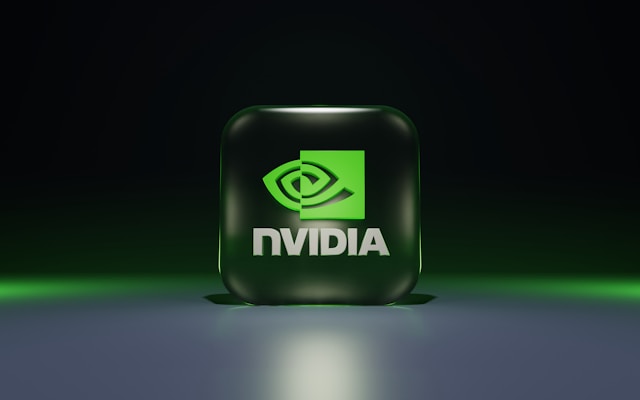Nvidia (NVDA) could face regulatory challenges in Europe in the near future, owing to its dominant market position. European competition Chief Margrethe Vestager has warned of a huge bottleneck on the US Company remaining the dominant force on the supply of chips needed to power the artificial intelligence revolution.
AI Chips Dominance
According to the competition chief, the supply of AI chips should not be relegated to one company. Instead, she insists on more secondary markets to help spur competition and, therefore, innovation in the burgeoning field. Vestager has already made it clear that companies that are dominant in the supply of certain technologies could face certain restrictions on their behavior in future.
The remarks come on Nvidia becoming the go-to company to supply the much-needed graphics processing units. The company is increasingly drawing attention from regulators as it remains the biggest beneficiary of the AI boom. It is currently the chief supplier of the much-needed chips, some of which cost upwards of $40,000.
Nvidia’s chips remain the hottest commodities in the world, given their computing prowess. This makes them practical and reliable for use in data centres that handle various artificial intelligence models and systems. Likewise, the advanced nature of the chips, including the H100, has seen Nvidia accrue more than 80% market share well ahead of Intel and Advanced Micro Devices.
Given the dominant position on the supply of chips, Nvidia was always going to come under scrutiny in Europe. European authorities have been aggressive against US tech giants over concerns they misuse their dominant market position to stifle competition and innovation in their respective fields. Alphabet’s Google is one company that remains a loggerhead with authorities in the region owing to its dominant position in search. Meta has also not been spared due to its dominant social media position.
Hebbia AI $130M Raise
Meanwhile, Hebbia, a company leveraging artificial intelligence to assist businesses in navigating through various documents to address intricate queries, has secured $130 million in funding for a $700 million valuation. The capital raise underscores the strong demand for AI startups with tremendous potential. Some of the high-profile investors that took part in the funding round include Andreessen Horowitz, Index Ventures, Google Ventures, and billionaire investor in technology, Peter Thiel.
Established in 2020, Hebbia has developed technology that examines electronic documents and data repositories, such as regulatory reports, PDFs, and audio and video recordings, to assist clients in addressing more complex questions than could be handled by customer-oriented chatbots. Additionally, the company presents findings in a more detailed manner designed to simplify the verification process for users and possibly reduce corporate worries regarding the AI’s capacity to generate false information.
The company’s technology already elicits strong demand from the US Air Force, asset managers and legal services companies. The AI startup intends to utilize the new funding for research and development and hire more software engineers.
Separately, Microsoft has informed its staff in China that starting September, they will be limited to using iPhones for work purposes. The move will effectively exclude devices running on the Android operating system from the company’s network. The American firm plans to implement a policy soon mandating that employees based in China exclusively utilize iOS devices for identity verification when accessing work computers or mobile phones.



